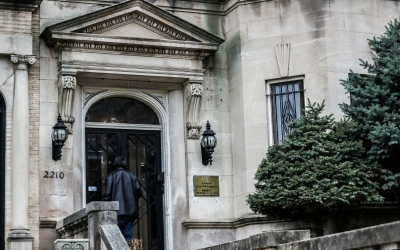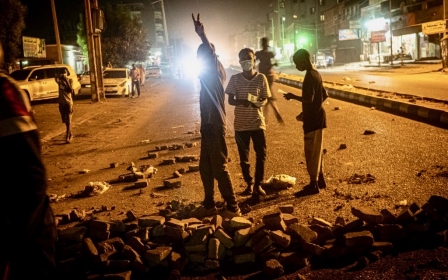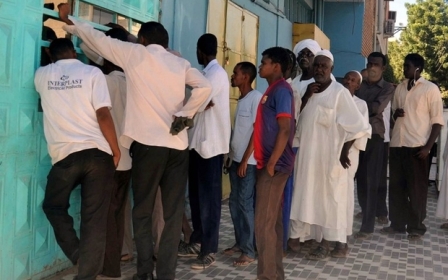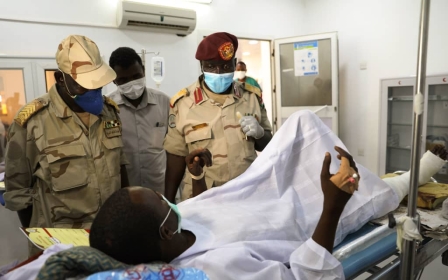Sudan must pay $4.3bn in punitive damages for 1998 bombings, US Supreme Court rules

The US Supreme Court has ruled that Sudan is liable for as much as $4.3bn in punitive damages for the 1998 bombings of US embassies in East Africa by al-Qaeda - a decision that may complicate efforts by Khartoum to repair relations with Washington.
The ruling on Monday concluded that a 2008 US law that allows victims of militant attacks to seek punitive damages from foreign governments in American courts applies retroactively to the 1998 bombings of US embassies in Kenya and Tanzania.
Punitive damages are a form of punishment designed to be a deterrent against future crime.
In 2011, a Federal District Court awarded the plaintiffs - families of victims in the attacks that killed more than 220 people - $10.2bn, including $4.3bn in punitive damages.
But an appeals court dismissed the punitive damages in 2017, ruling that the 2008 law did not apply to past attacks. The Supreme Court, in turn, sided unanimously with the original ruling on Monday.
The 2008 amendment to a law known as the Foreign Sovereign Immunities Act "simply vests district courts with discretion to determine whether punitive damages are appropriate," wrote Justice Neil Gorsuch.
The lawsuit accuses Khartoum of harbouring al-Qaeda operatives that planned and carried out the attacks. Sudan hosted al-Qaeda leader Osama bin Laden from 1992 to 1996.
The ruling comes at a time when the Sudanese government is pushing to lift US sanctions on the African country and remove it from the State Department's list of "state sponsors of terrorism".
Last year, a popular uprising overthrew longtime Sudanese president Omar al-Bashir, and the new authorities are pushing for rapprochement with Washington.
Earlier this month, Sudan appointed an ambassador in Washington for the first time in decades in a step hailed as "historic" by the foreign ministry in Khartoum.
Middle East Eye propose une couverture et une analyse indépendantes et incomparables du Moyen-Orient, de l’Afrique du Nord et d’autres régions du monde. Pour en savoir plus sur la reprise de ce contenu et les frais qui s’appliquent, veuillez remplir ce formulaire [en anglais]. Pour en savoir plus sur MEE, cliquez ici [en anglais].





